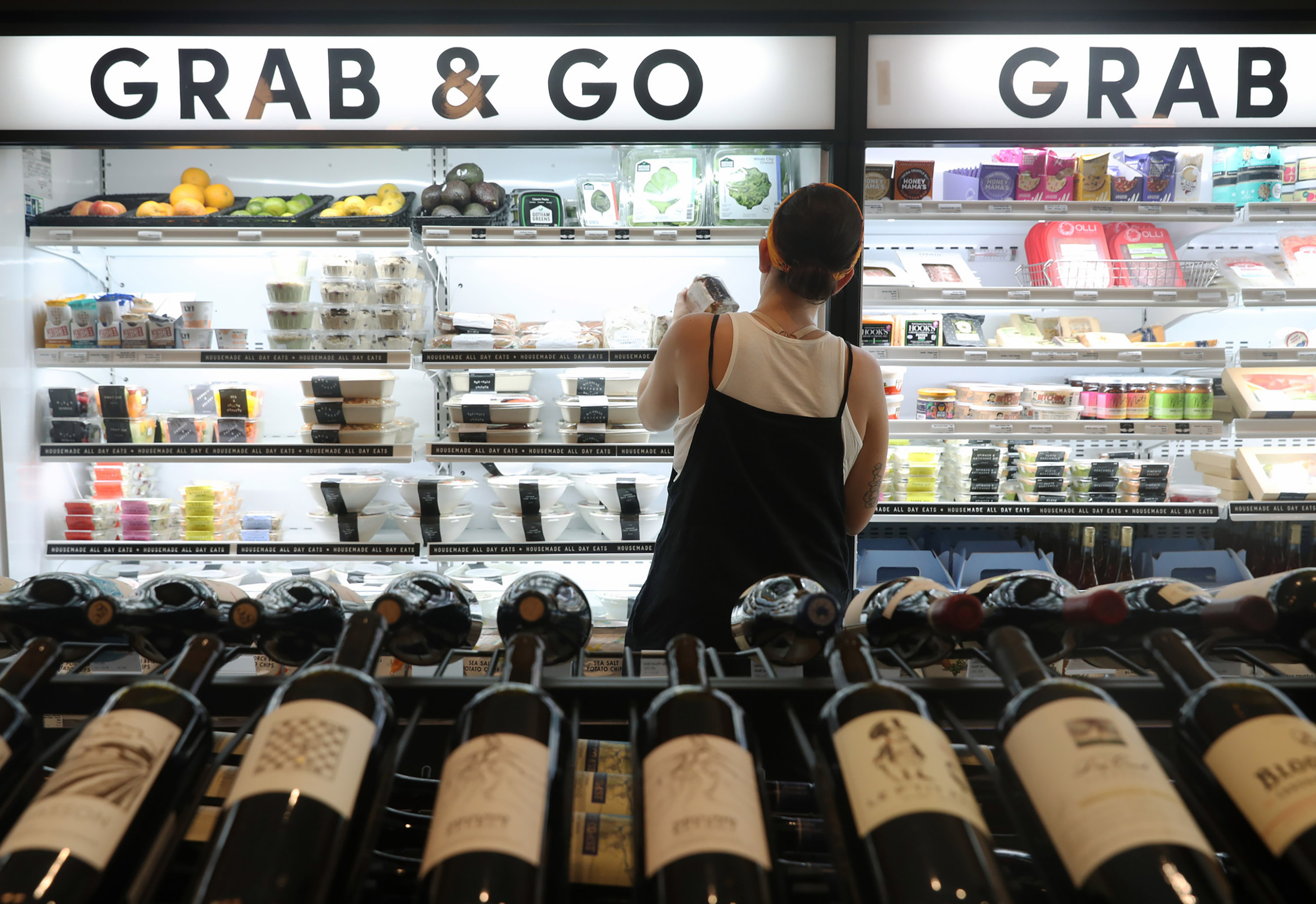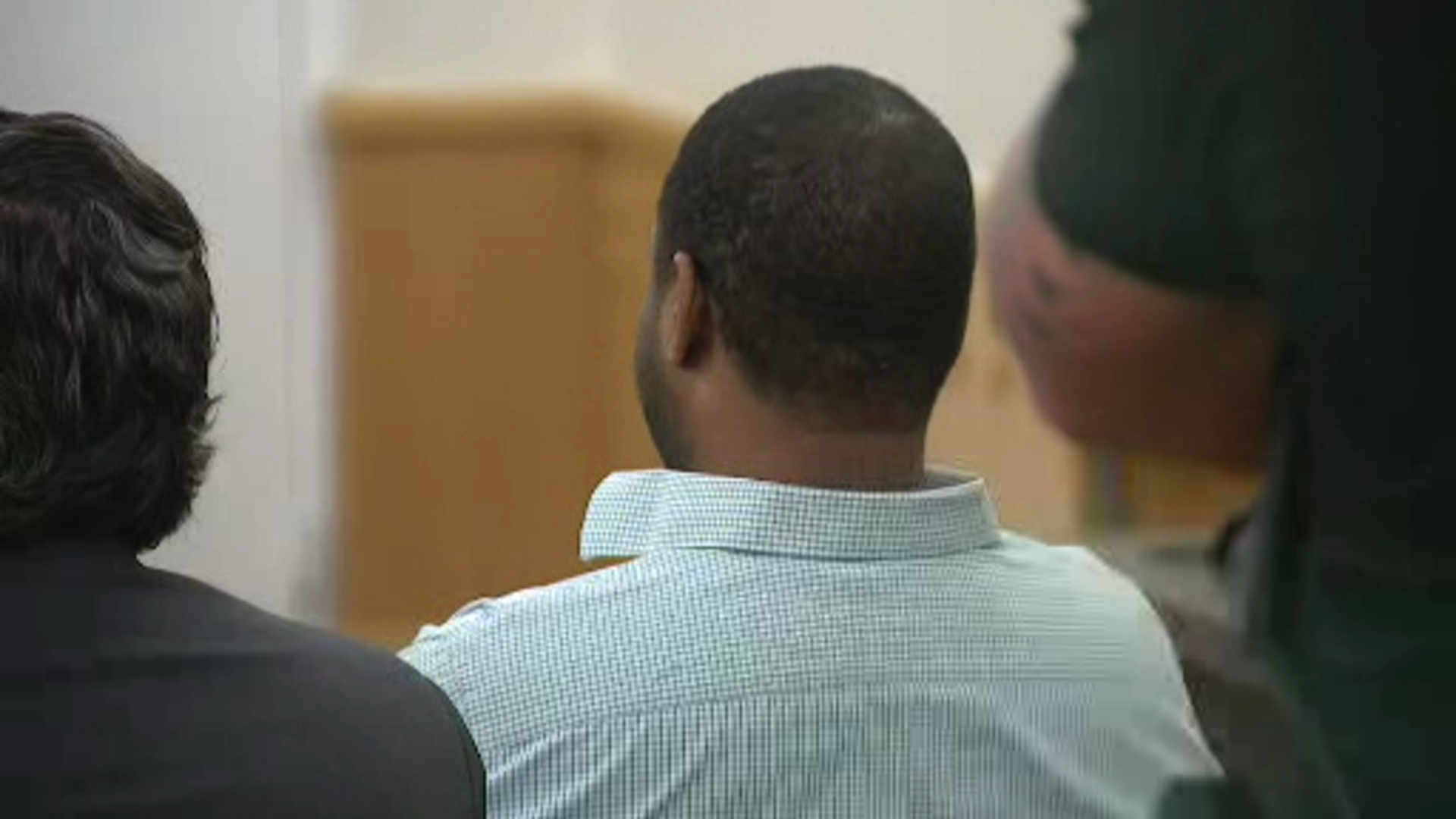Nevada Gov. Brian Sandoval announced Thursday that Tesla Motors will build a massive battery factory in the state as long as legislators approve tax breaks and other incentives worth up to $1.3 billion over 20 years.
Sandoval revealed terms of the deal he negotiated with the electric car maker at a Capitol news conference attended by Elon Musk, CEO of California-based Tesla. The governor called it a "monumental announcement that will change Nevada forever."
Sandoval didn't mention the total value of the package and his remarks seemed intended to pre-empt critics who will see it as too generous.
"Is this agreement good for us?" the governor asked. "This agreement meets the test, by far."
Later, he said that for every $1 Nevada gives up, the project will produce $80 in economic impact.
"Even the most skeptical economist would conclude that this is a strong return (on investment) for us," Sandoval said.
Musk told the audience that Nevada didn't offer the biggest incentive package among the five states that tried to lure the factory, though he didn't specify which did among California, Texas, Arizona, New Mexico and Nevada.
Local
The latest news from around North Texas.
The most important considerations were not incentives, he said, but rather a high confidence that the factory will be ready by 2017, followed by assurances that batteries can be produced cost efficiently.
Later, Musk told reporters that Tesla would stop looking for another state as a backup, in case Nevada did not come through. "Nevada is it," he said.
The governor will call a special legislative session as early as Wednesday to approve the package.
Its ultimate cost to taxpayers depends on how much economic activity the factory generates. On the low end, it could be worth $865 million, according to Steve Hill, executive director of Sandoval's Office of Economic Development.
Hill projected the factory would generate $100 billion for Nevada's economy and directly or indirectly create 22,000 new jobs over two decades. That includes an estimated 6,500 permanent jobs at the factory and a peak of 3,000 construction jobs leading up to the opening of the $5 billion plant in 2017.
Tesla's choice of Nevada takes it a big step closer to mass producing an electric car that costs around $35,000 and can go 200 miles on a single charge. That range is critical because it lets people take most daily trips without recharging, a major barrier to the widespread adoption of electric vehicles.
The "gigafactory," as Tesla calls the project, would bring down the cost of batteries by producing them on a huge scale. The facility would be approximately 10 million square feet, equivalent to about 174 football fields, and be located at an industrial park near the Reno suburb of Sparks.
The package Nevada offered includes a 100 percent abatement of sales and use taxes for 20 years and a 100 percent abatement of real property tax, personal property tax and payroll taxes for 10 years. Those provisions are worth an estimated $675 million to $1.1 billion, depending on the size of investment.
Even given those tax breaks for Tesla, Hill estimated the project would generate approximately $1.9 billion in tax revenue for all levels of government -- state, local and school districts -- over 20 years.
The other major component of Nevada's package is tax credits worth $195 million over 20 years.
Those credits were a Jobs Transferable Act credit of $12,500 per employee, worth $70 million; and an investment tax credit worth $125 million.
Hill said the state would pay for those credits by cutting an existing film tax credit from $80 million to $10 million, and phasing out a home office credit used by insurance companies to the tune of $125 million.
The package also calls for Tesla to contribute $37 million to K-12 education -- approximately $7.5 million a year for five years -- as a bridge leading up to full production at the plant in 2018 when the other credits kick in. Tesla also agreed to spend $1 million for battery research at the UNLV, Hill said.
To resolve one other sticking point, Sandoval pledged that Nevada would tweak its laws to ensure that Tesla can sell cars at dealerships the company owns.



